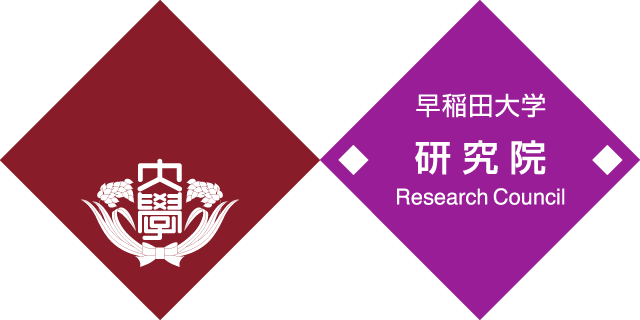- DATE & TIME
Friday, January 22, 2016 16:30―18:00 - Venue
Room 605, Bldg.#11,Waseda Campus - Speaker
Sungyon CHONG (Professor, Konkuk University)
Ruriko KUBOTA (Guest Professor, Takusyoku University) - Coordinator
Toshimitsu SHIGEMURA (Professor, Faculty of International Research and Education, Waseda University) - Language
English, Japanese
Firstly, Prof. Chung made a presentation on “Notes Towards Women Empowerment in the Poems of Junghee Moon and Margaret Atwood“.
This article explores women empowerment both in Junghee Moon and Margaret Atwood’s poems because they emphasize women empowerment undeniably, compared to other contemporary poets. As one of the greatest and influential poets in South Korea and Canada, Moon and Atwood’s turning their focus to women empowerment seems a challenge to our culture; in the center of our culture there has long been male-centered values and thinking. Both poets should be understood not only as the women poets of the contemporary literature of the country but also as an embodied example of women empowerment themselves. Since they started writing poetry, they have tried to seek women empowerment in modern reality. North America in 1960s and South Korea in 1970s experienced seismic changes: cultural, social, and political. Still women’s rights were remained restricted. Given that women are confined to domestic sphere, Moon and Atwood can be seen as the examples of women empowerment in that they have tried to hone their creative talents and aspire to accomplish a poetic career.
Struggle toward women empowerment is shown in their own unique terms that could be interpreted both positively and negatively. Moon recognizes herself “shaman Gok-bi”(Awaken My Life with Axe of Literature 69) and imagines herself as “a woman with axe”(I am Moon 96-97, Virgin with Many Children 93). Atwood names herself “Margaret the Magician” and “Margaret the Medusa”(Second Words 227). Those hideous images can be considered negative in a glance. However, through subversive strategy both poets strongly spell out and cherish women’s potential and empowerment..
Then, Prof. Kubota mentioned some fact about “”Confort Women” Issue: from the viewpoint of Japan, from the viewpoint of Koria” in Japanese. ※please see Japanese web site for details.





